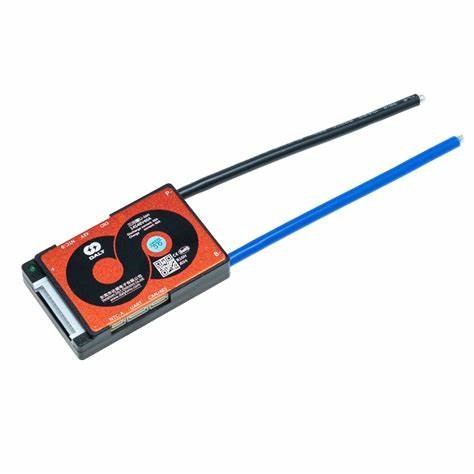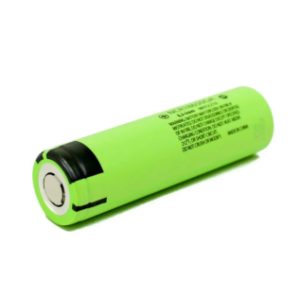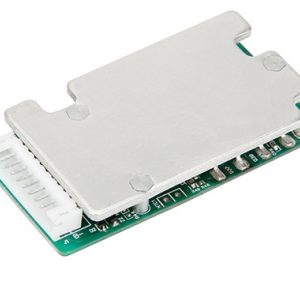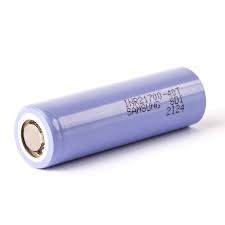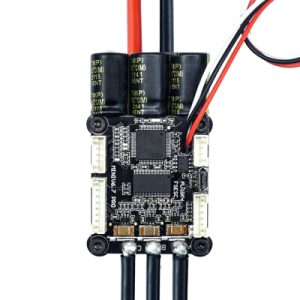Daly H Series – Smart BMS – Various
Daly H Series – Smart BMS – Various
Daly H Series Smart BMS is a compact, feature-rich Battery Management System that safeguards lithium-ion, LiFePO₄, and LTO battery packs. Available in both 40 A and 60 A versions, Marsen stocks 4S – 14S configuration. The Daly H Series offers active/passive cell balancing, comprehensive safety protections, remote monitoring via Bluetooth/RS485/UART/CAN. Its compact PCB design and robust features make it ideal for EVs, solar storage, robotics, and two-/three-wheeled electric vehicles.
Key Features
-
Supports Li-ion, LiFePO₄, and LTO battery types, selected via app or software
-
Active balancing up to 1 A for faster, efficient charge distribution
-
Communication & monitoring through Bluetooth (built-in), UART, RS485, CAN.
- Protections: overcharge, over-discharge, over-current, short-circuit, and temperature
Price range: $90.00 through $100.00
Specifications
Daly H Series – Smart BMS – Various
Applications
Daly H Series is a versatile unit commonly used in mid-power lithium-ion battery applications where smart monitoring and protection are essential. Here are some typical use cases:
- Electric bikes and scooters – Ideal for 48V systems, offering reliable current handling and real-time diagnostics via CAN.
- Portable energy storage systems – Great for off-grid setups or solar battery banks where safety and communication are key.
- Electric skateboards and personal mobility devices – Compact enough for tight enclosures while supporting high discharge rates.
- DIY powerwalls or backup systems – Especially when paired with inverters or solar charge controllers that support CAN integration.
- Robotics and industrial tools – Where precise battery management and thermal protection are critical.

